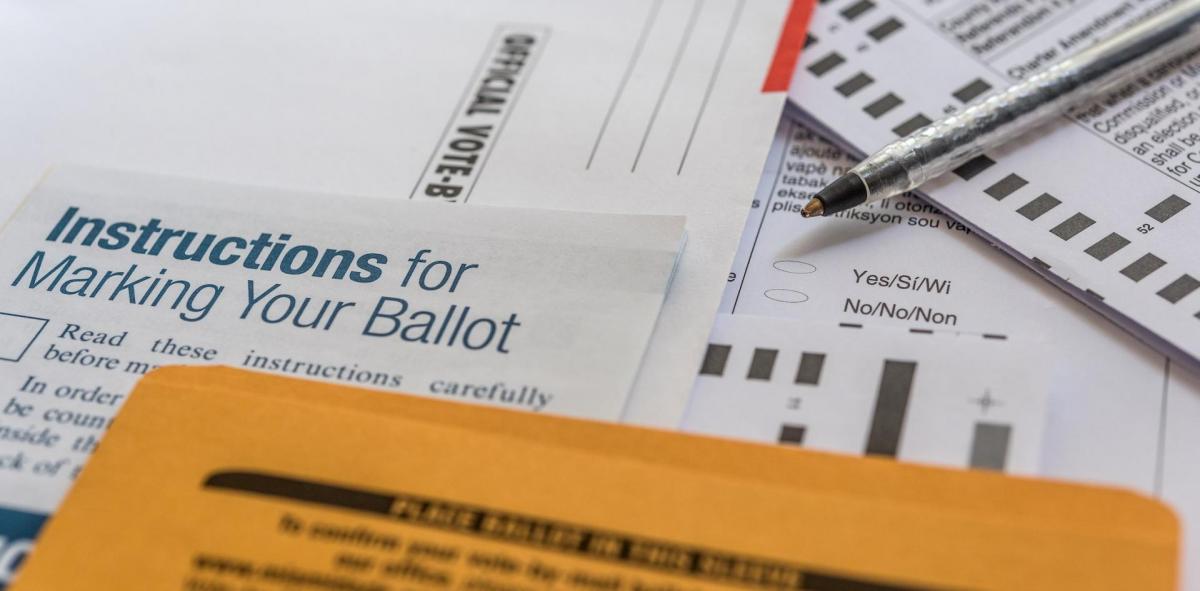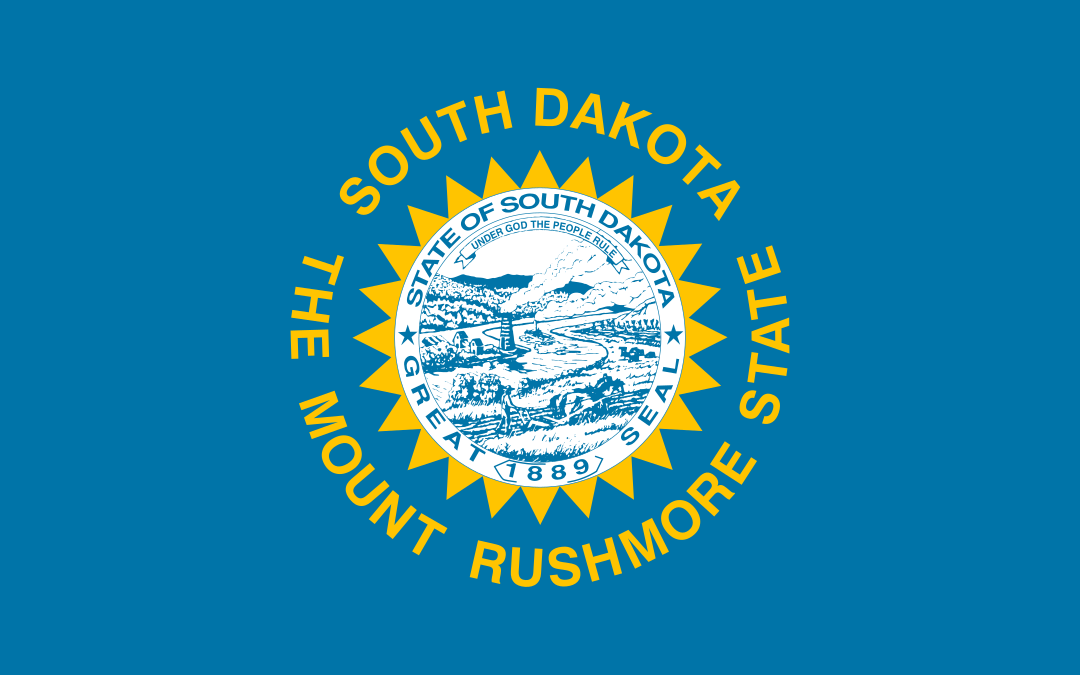Tag: south dakota
-
Rep. Dusty Johnson announces 2026 run for governor of South Dakota

Rep. Dusty Johnson (R-S.D.) announced on June 30, 2025, that he will run for governor of South Dakota in 2026 rather than another term in the U.S. House of Representatives. Incumbent Gov. Larry Rhoden (R) became governor after Kristi Noem (R) resigned to serve as the U.S. Secretary of Homeland Security in President Donald Trump’s…
-
Update on 2025 and 2026 ballot measure certifications: Seven new measures in four states for 2026

The number of certified ballot measures for 2025 and 2026 is trending above the average as of March 18, 2025. For 2025, six statewide ballot measures have been certified in three states—Louisiana, Ohio, and Wisconsin. Six is one more than the average of five for this point in an odd-numbered-year election cycle since 2010. For…
-
South Dakota voters to decide on 60% supermajority requirement for constitutional amendments after rejecting similar requirement for tax-related measures in 2022

South Dakota voters will decide on a constitutional amendment that would establish a 60% supermajority requirement in order for voters to approve new constitutional amendments. This amendment will appear on the ballot on Nov. 3, 2026. When it comes to ballot measures, a supermajority requirement sets a higher approval threshold, requiring more than a simple…
-
South Dakota voters to decide amendment establishing trust fund for unclaimed property in 2026

In 2026, South Dakota voters will decide on a constitutional amendment to establish a trust fund for unclaimed property. On March 5, 2025, the South Dakota House of Representatives voted 69-0 to place Senate Joint Resolution 505 (SJR 505) on the ballot. Previously, the State Senate voted 35-0 to pass the amendment on Feb. 20.…
-
South Dakota voters to decide on citizenship voting requirement amendment in 2026 after eight states approved similar measures in 2024

The South Dakota State Legislature voted to send a constitutional amendment to the 2026 ballot that would provide that noncitizens of the United States are disqualified from voting in any election in the state. This will be the 15th statewide ballot measure related to citizenship voting requirements since 2018. In 2024, eight states approved similar…
-
Update on 2025 and 2026 ballot measure certifications: South Dakota certifies amendment to condition Medicaid expansion on federal funding

The number of certified ballot measures for 2025 and 2026 is trending above the average as of March 5, 2025. For 2025, six statewide ballot measures have been certified in three states—Louisiana, Ohio, and Wisconsin. Six is one measure more than the average of five for this point in an odd-numbered-year election cycle since 2010.…
-
South Dakota voters to decide on constitutional amendment to condition Medicaid expansion on continued federal funding in Nov. 2026

In South Dakota, voters will decide on a constitutional amendment to condition state Medicaid expansion on federal funding remaining at or above 90%. Voters will decide on the amendment in the election on Nov. 3, 2026. If federal funding falls below 90%, the constitutional requirement for Medicaid expansion would no longer apply. Voters adopted this…
-
South Dakota voters approve constitutional amendment allowing Medicaid work requirements

On Tuesday, South Dakota voters approved Amendment F, amending the South Dakota Constitution to allow the state to set work requirements for Medicaid if approved by the federal government. The measure was passed 56% to 44% per the unofficial results. The federal government does not establish work requirements for Medicaid. States that wish to add…
-
Four presidential tickets will appear on the ballot in South Dakota this November

South Dakota’s Nov. 5, 2024, general election ballot will feature four presidential candidates and their running mates. They are: Robert F. Kennedy Jr. withdrew from the presidential election in August, but will still appear on South Dakota’s ballot. There is one more candidate on South Dakota’s presidential ballot compared to 2020 and the same number…
-
Roundup of state Medicaid work requirement legislation and ballot measures in 2024

Legislatures in two states — Kansas and Mississippi — considered but did not pass bills to expand Medicaid in 2024. Both bills would have included work requirements. Voters in one state — South Dakota — will decide a ballot measure to allow Medicaid work requirements on November 5. Background Ten states have not expanded Medicaid…

